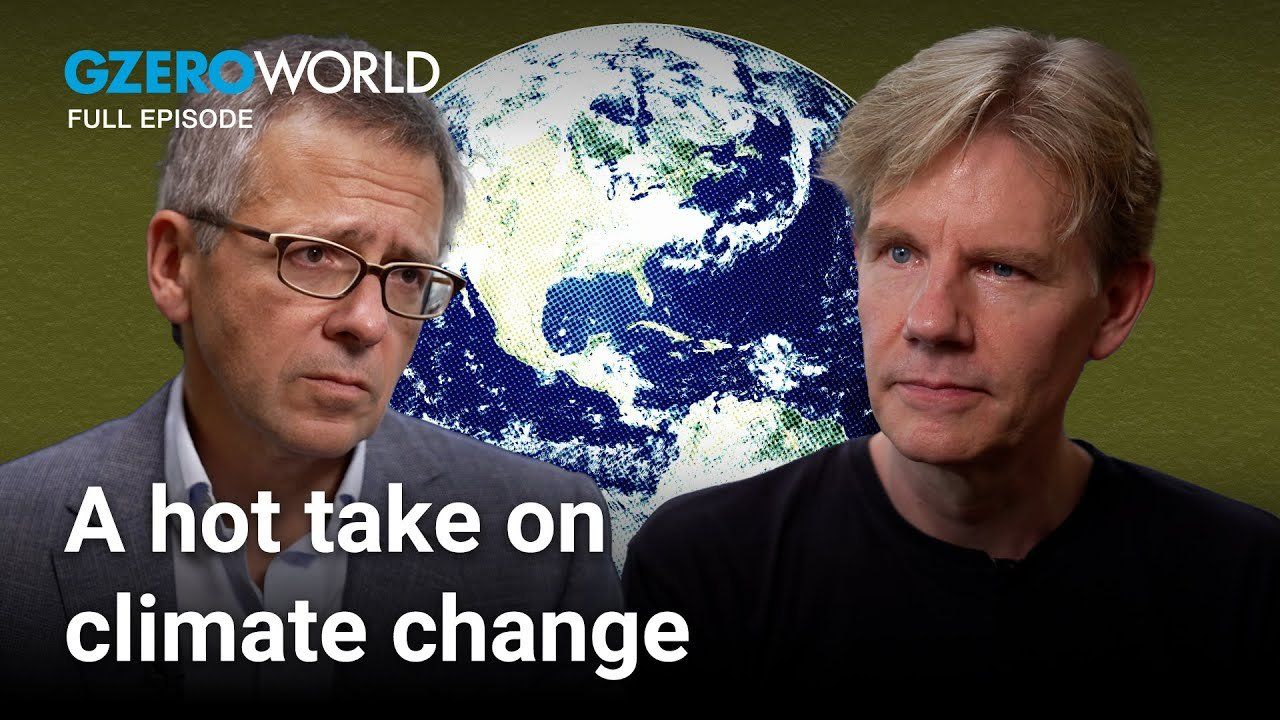
Climate experts agree that climate change is real and human-caused. But how far should the world go to combat it? Will the worst-case scenarios forecast by climate scientists end up a reality?
On GZERO World with Ian Bremmer, author Bjorn Lomborg says the answer is no. Climate change is indeed a problem, he says, but “it’s not the end of the world.”
The capabilities of renewable energy technology like solar power, wind turbines, and battery storage have significantly improved over the last decade, while at the same time, the costs have gone down dramatically, notes Lomborg, who recently published "Best Things First: The 12 most efficient solutions for the world’s poorest and our global SDG promises." But he argues that throwing a pile of money at the problem is not a viable solution because renewable technology is nowhere near where it needs to be to avert climate disaster.We're not talking about ‘we need to double or triple [renewable energy capabilities].’ We need a hundred-fold increase,” Lomborg tells Ian Bremmer. “We are far away from this actually being something that will scale even in rich countries and certainly not in poor countries.”
Lomborg worries that policy priorities are out of whack and billions of dollars are being wasted on incremental climate mitigation when there are so many urgent issues, like education or maternal mortality, where that money could be used more effectively.